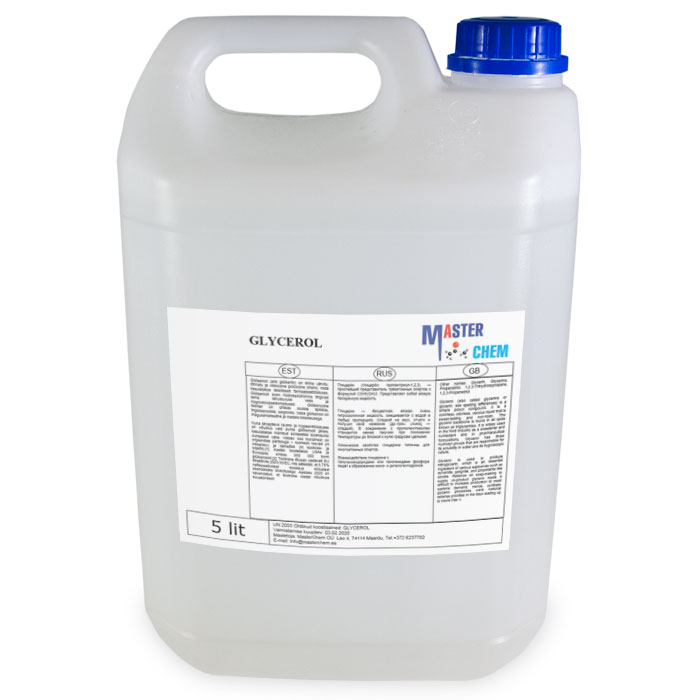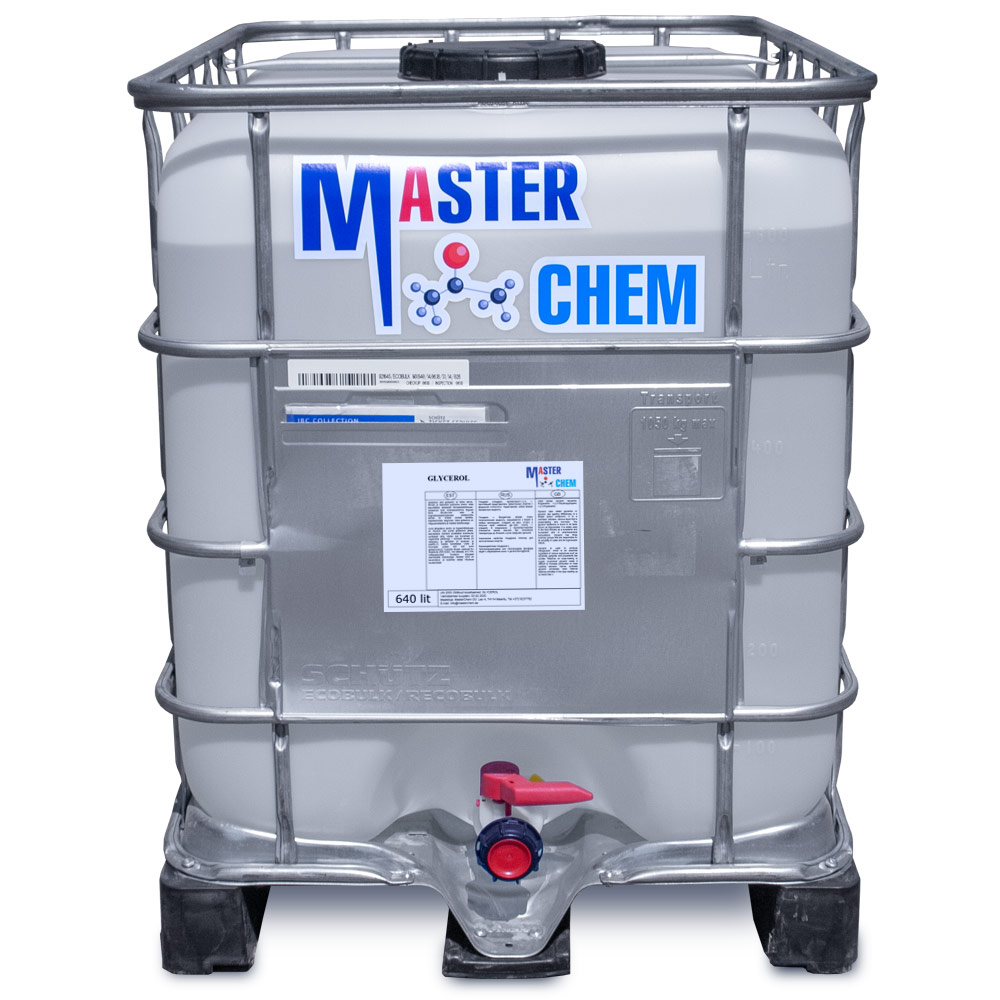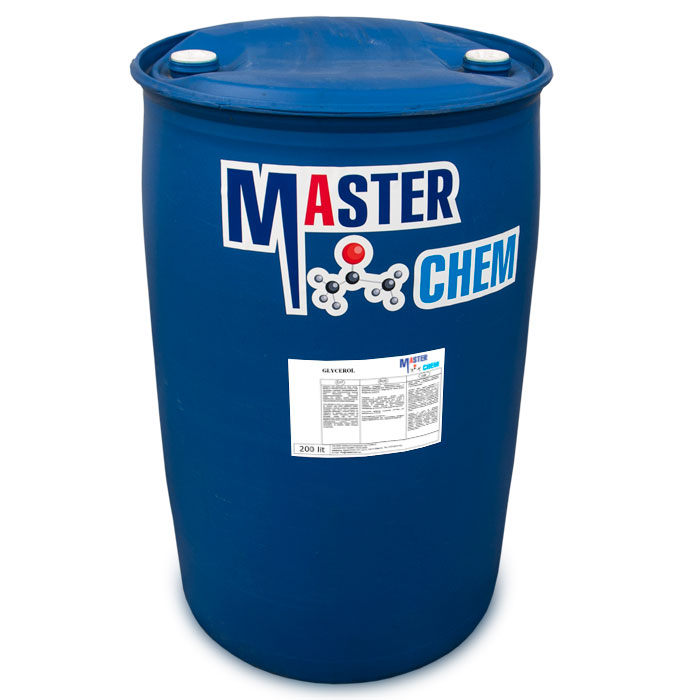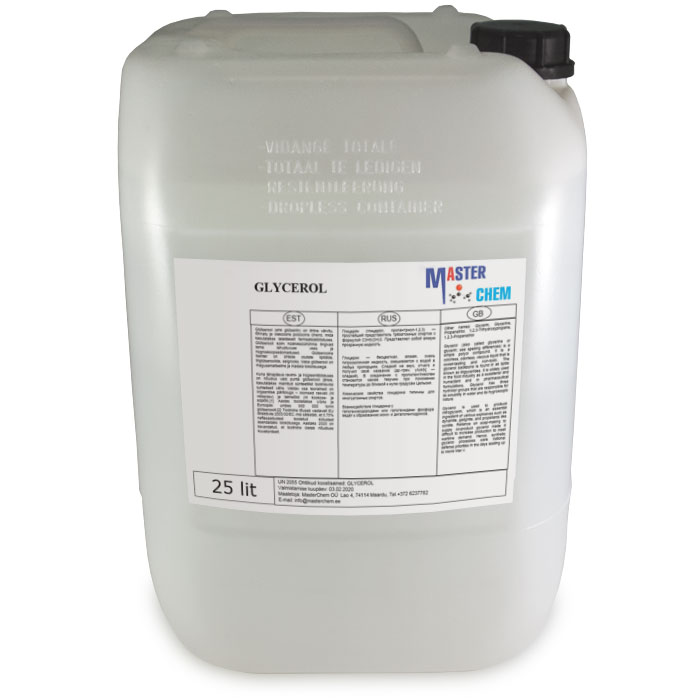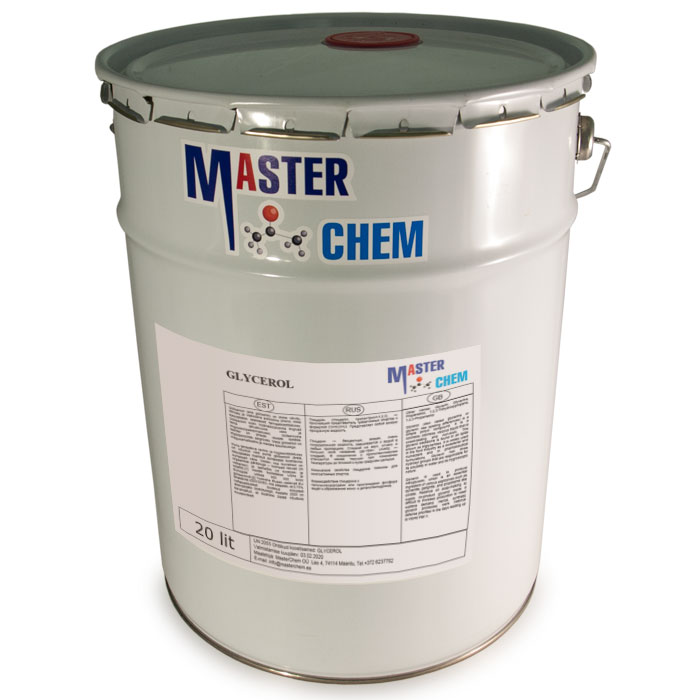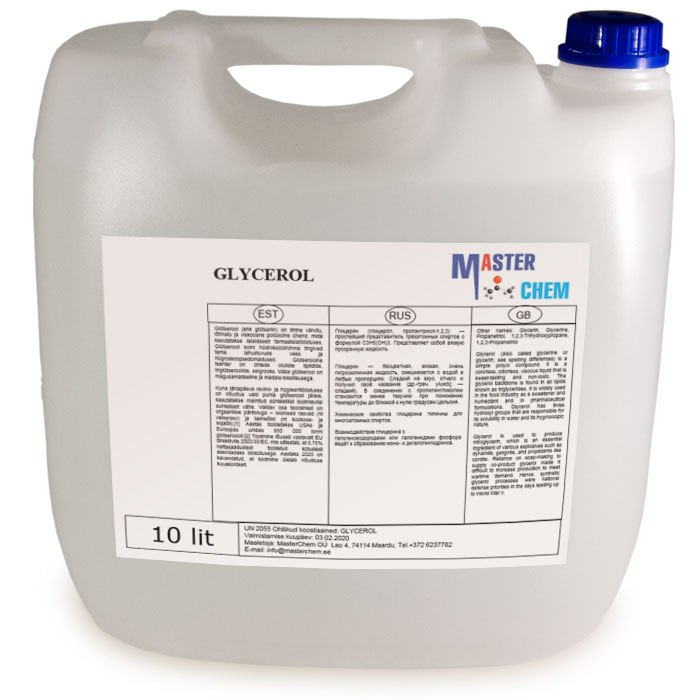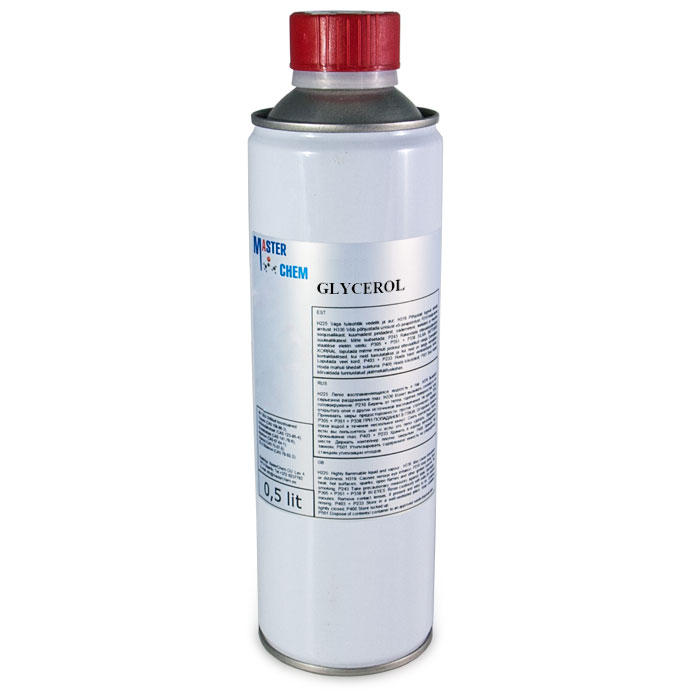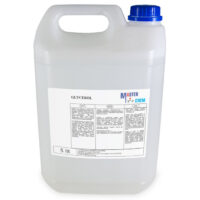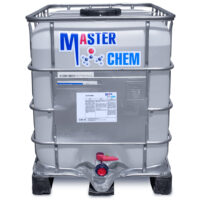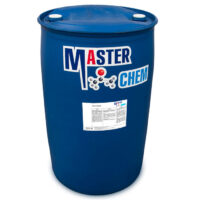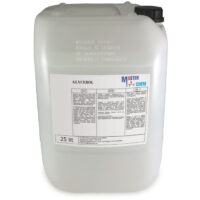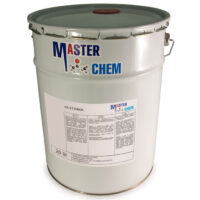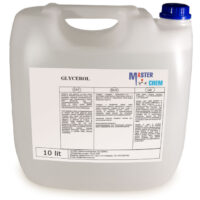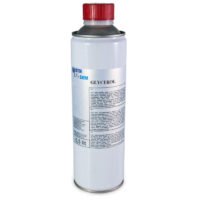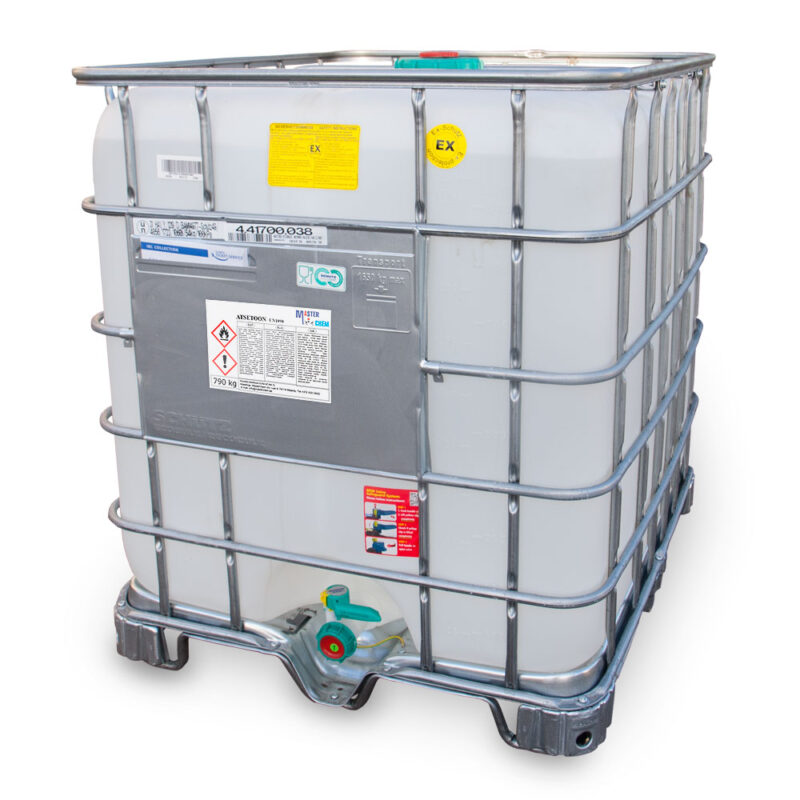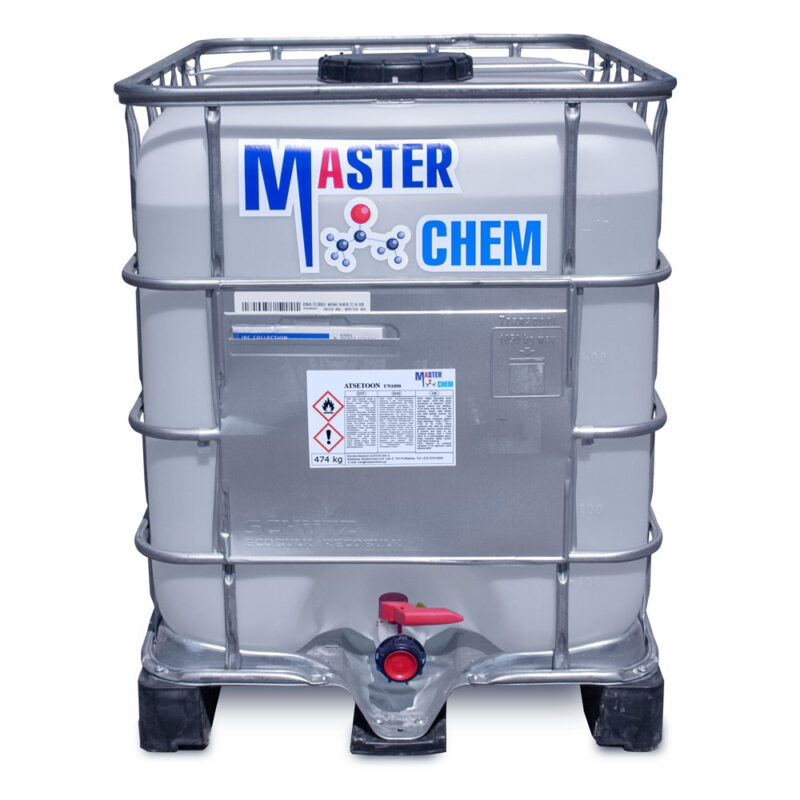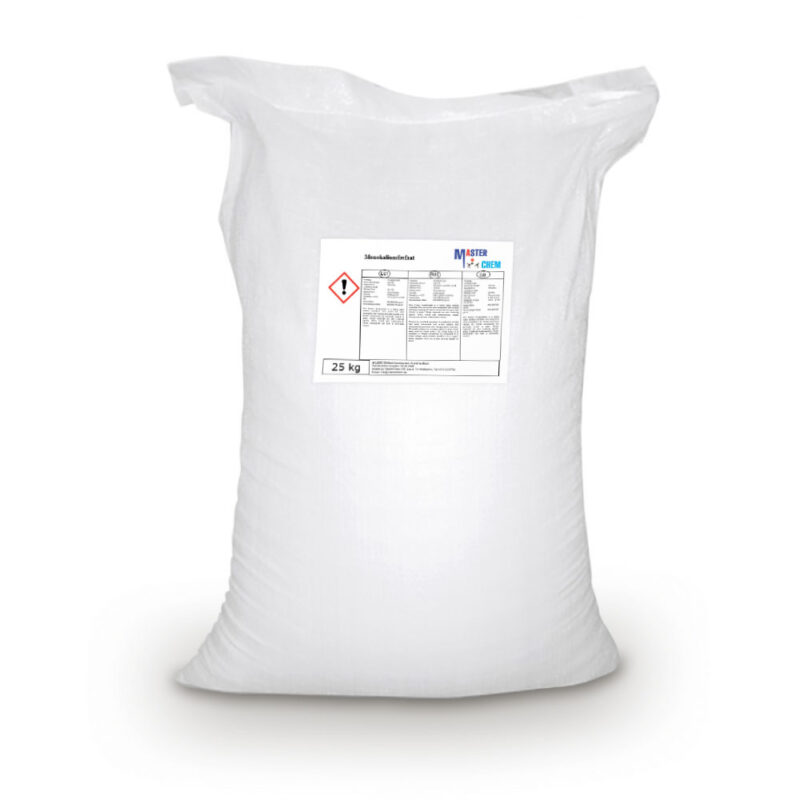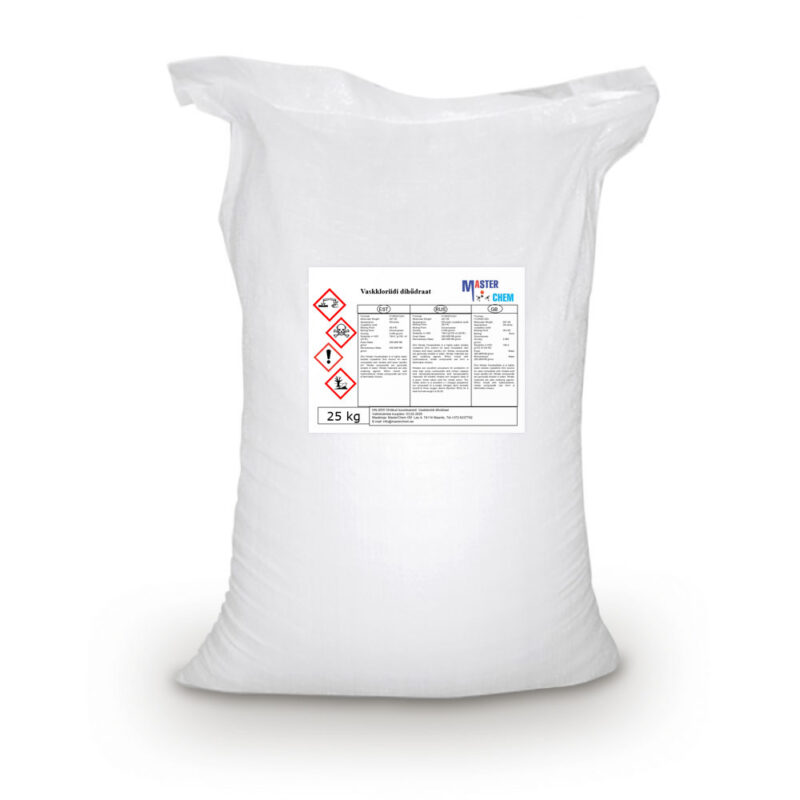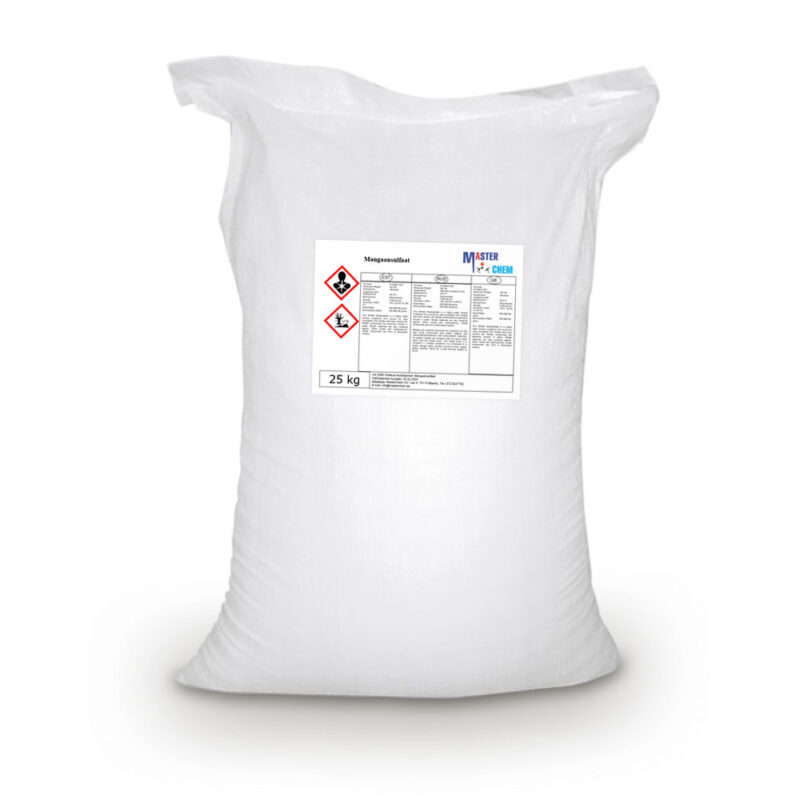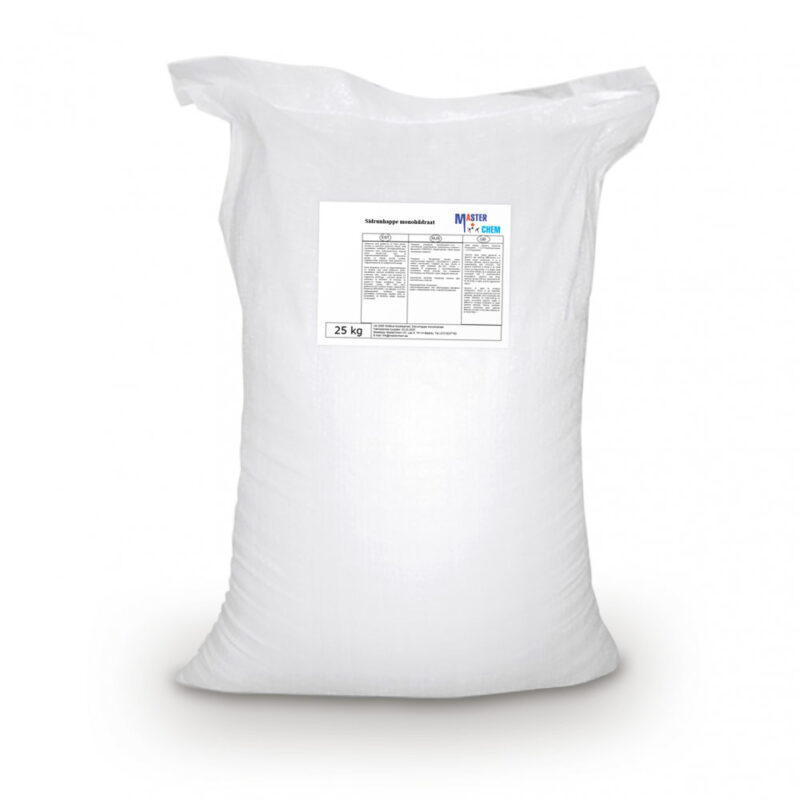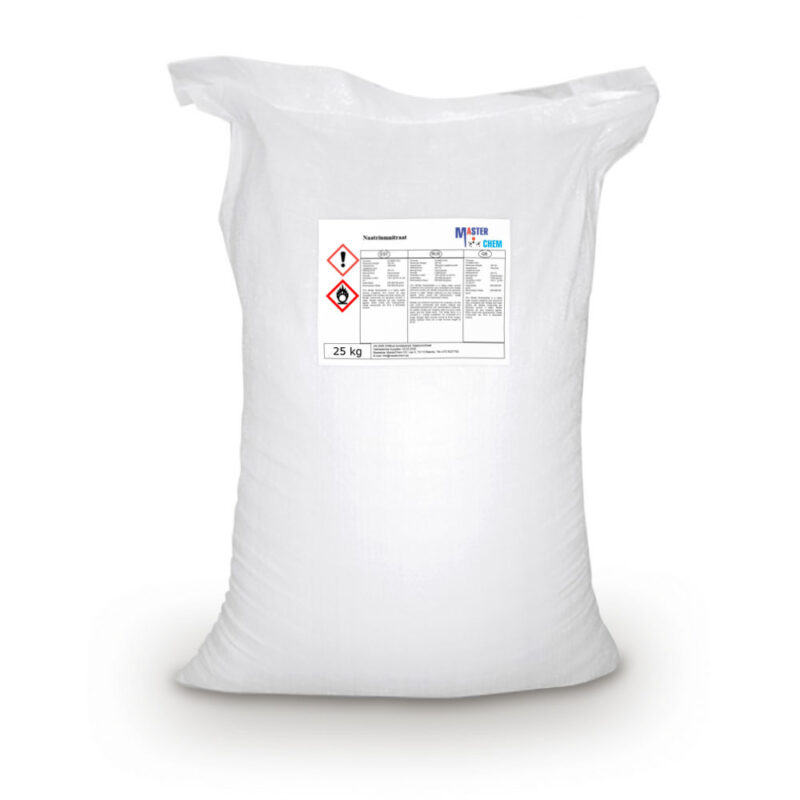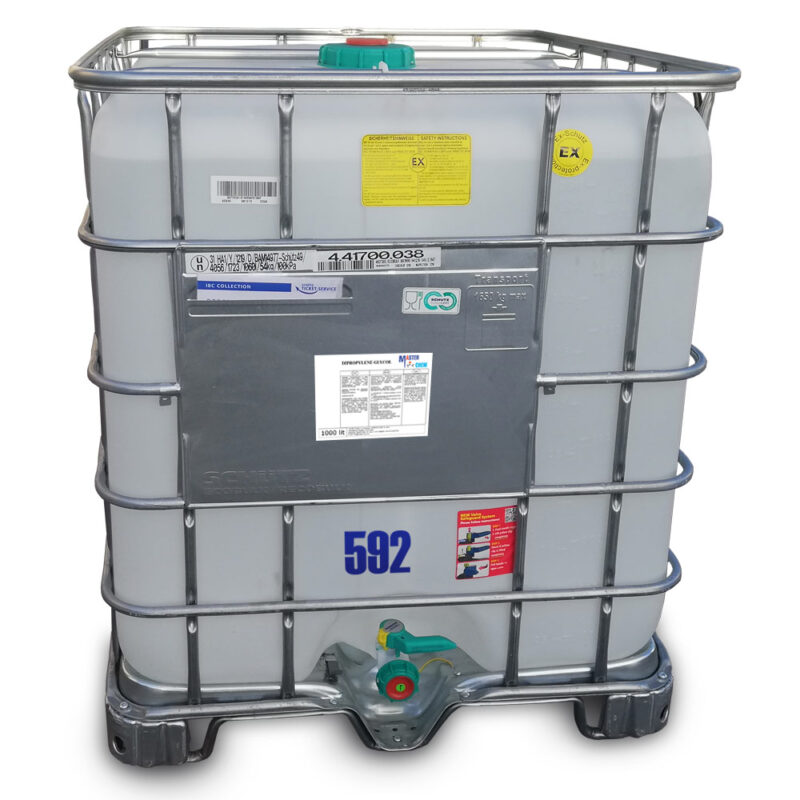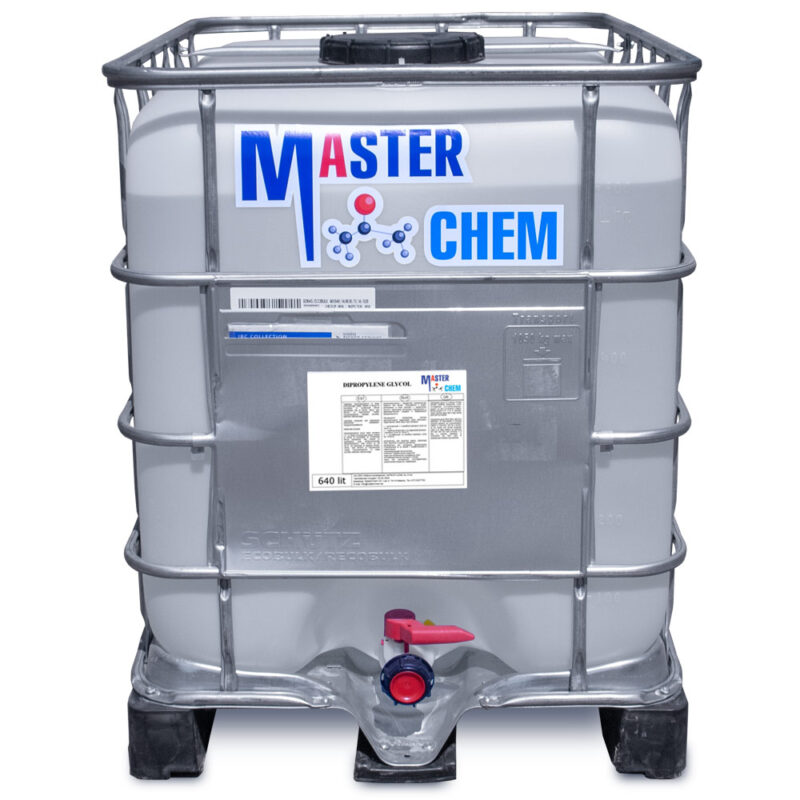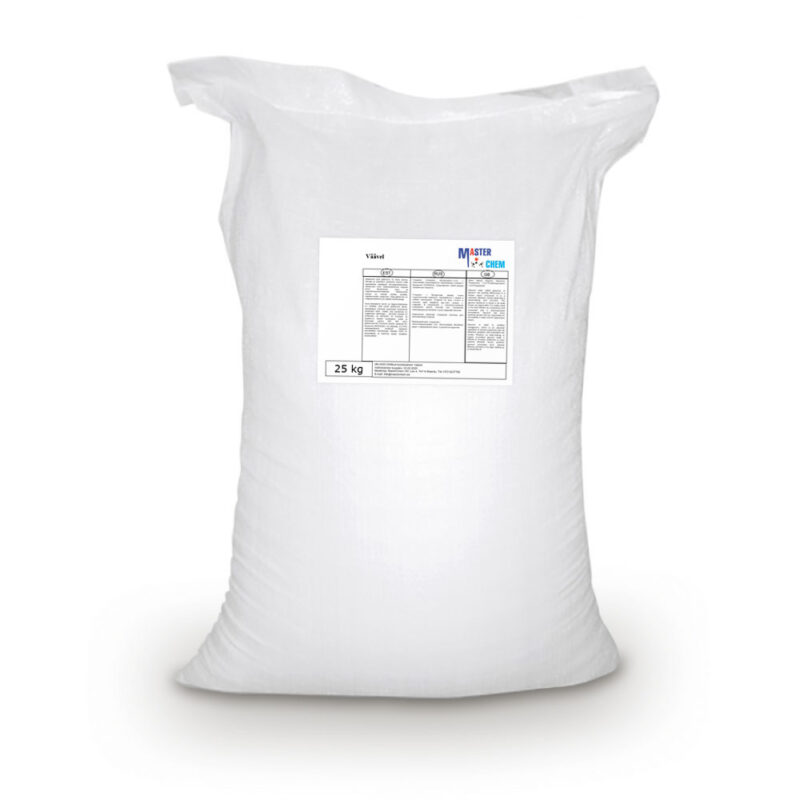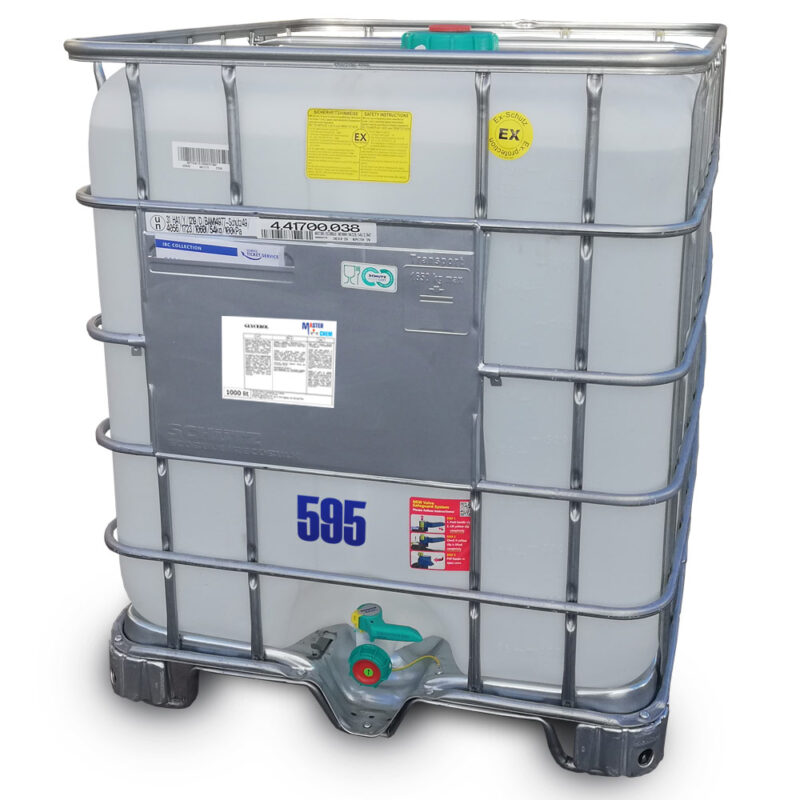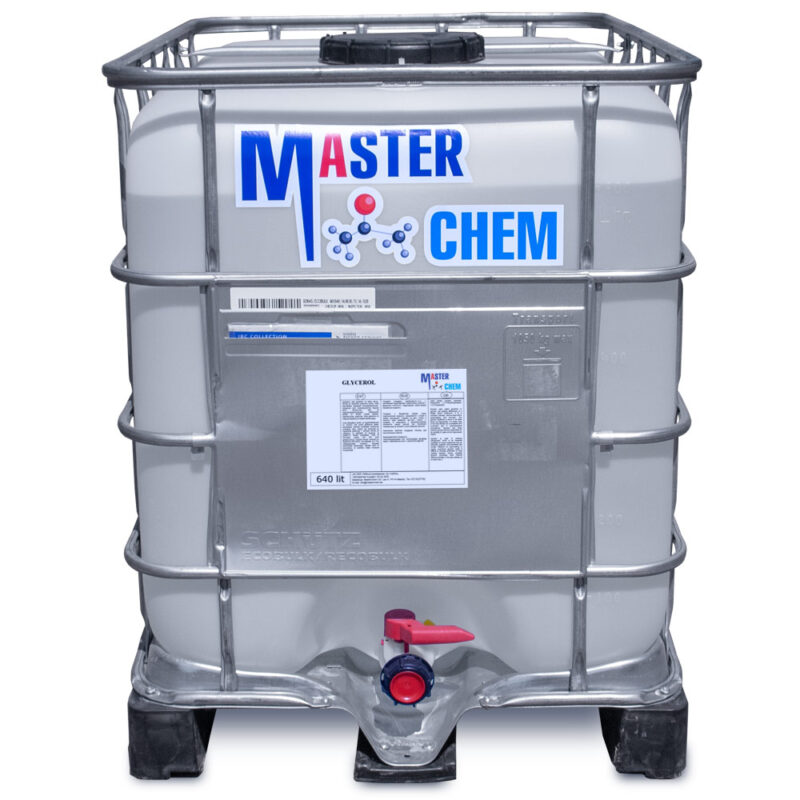Description
Applications:
Food industry
In food and beverages, glycerol serves as a humectant, solvent, and sweetener, and may help preserve foods.
Medical, pharmaceutical and personal care applications
Glycerin is mildly antimicrobial and antiviral and is an FDA approved treatment for wounds. The Red Cross reports that an 85% solution of glycerin shows bactericidal and antiviral effects, and wounds treated with glycerin show reduced inflammation after roughly 2 hours. Due to this it is used widely in wound care products, including glycerin based hydrogel sheets for burns and other wound care. It is approved for all types of wound care except third degree burns, and is used to package donor skin used in skin grafts.
Antifreeze
Like ethylene glycol and propylene glycol, glycerol is a non-ionic kosmotrope that forms strong hydrogen bonds with water molecules, competing with water-water hydrogen bonds. This interaction disrupts the formation of ice. The minimum freezing point temperature is about −36 °F (−38 °C) corresponding to 70% glycerol in water.
Chemical intermediate
Glycerol is used to produce nitroglycerin, which is an essential ingredient of various explosives such as dynamite, gelignite, and propellants like cordite. Reliance on soap-making to supply co-product glycerol made it difficult to increase production to meet wartime demand.

